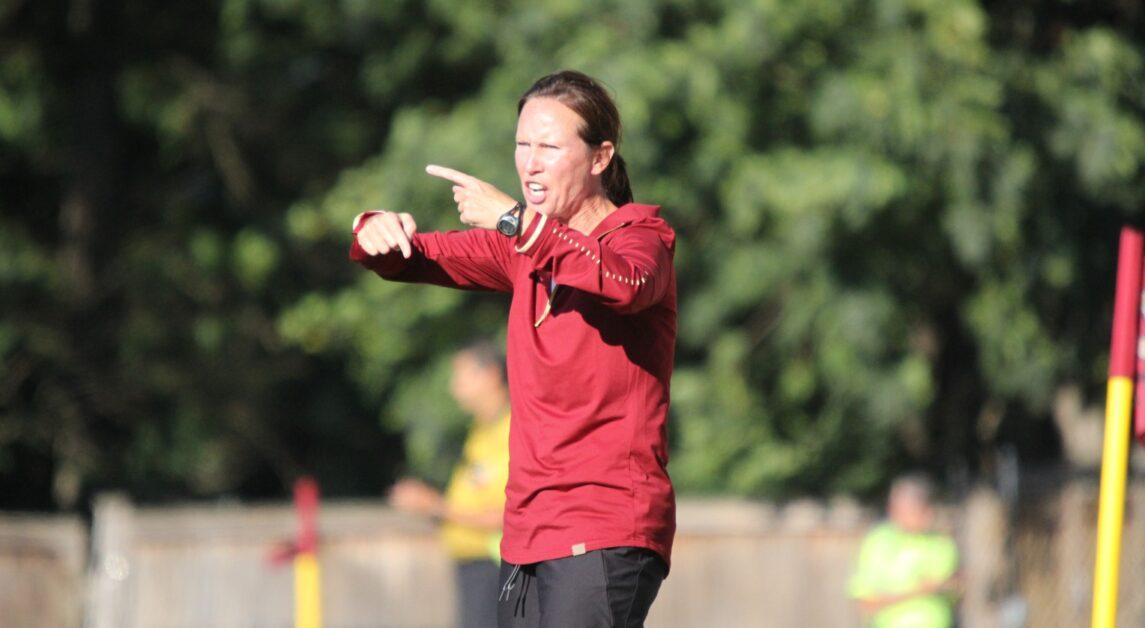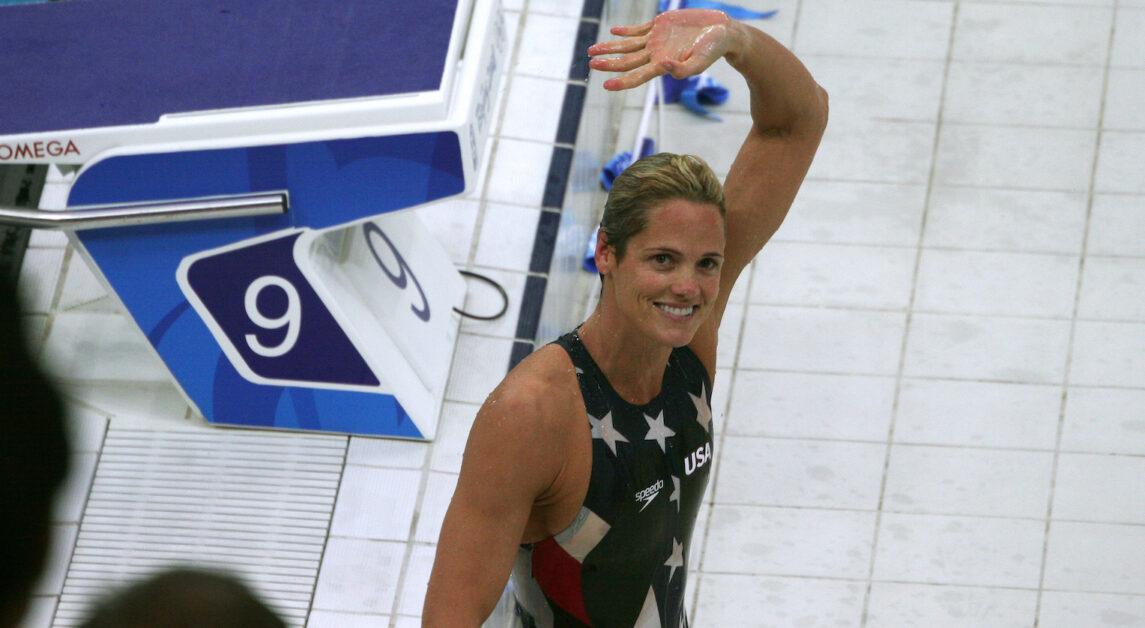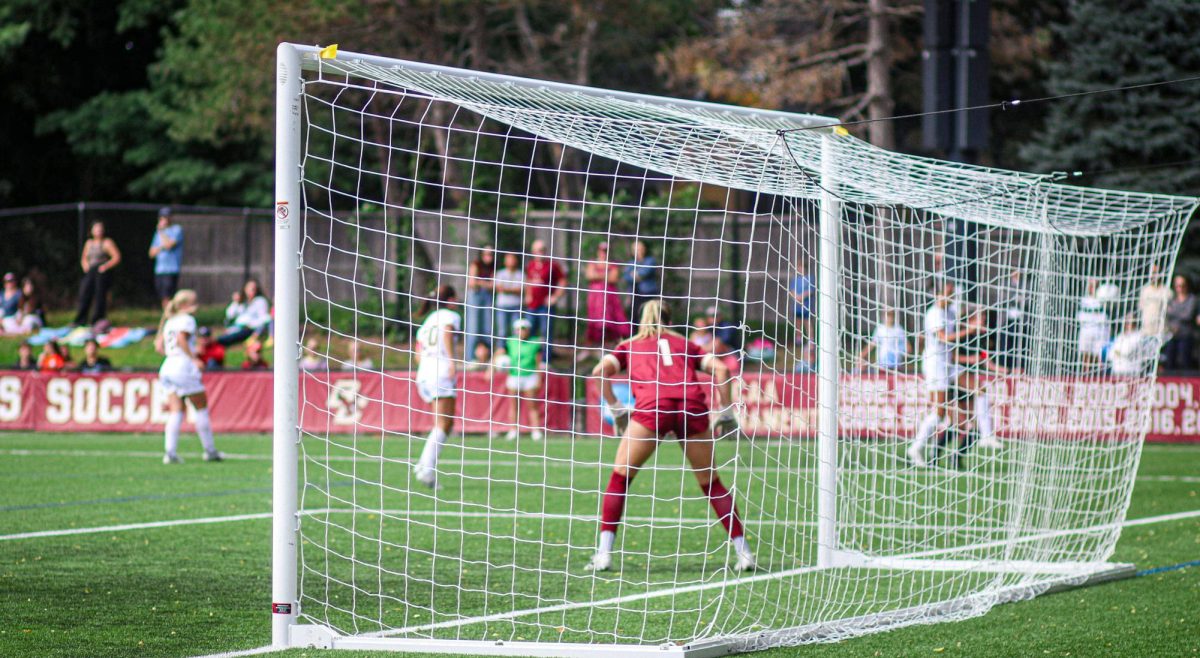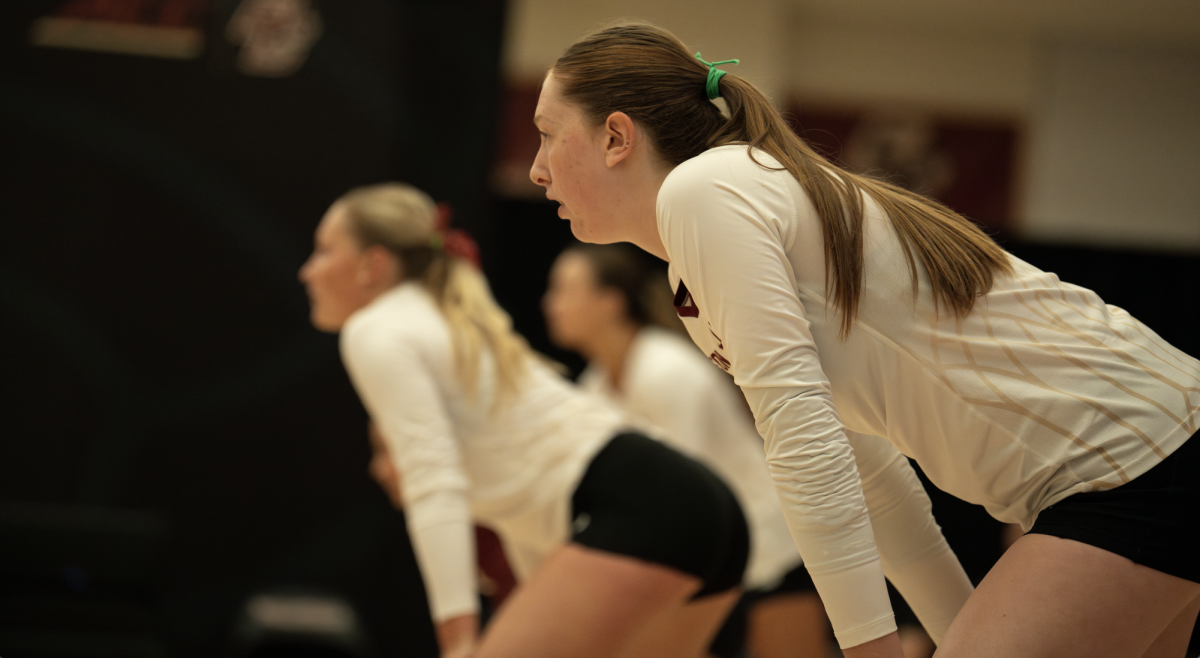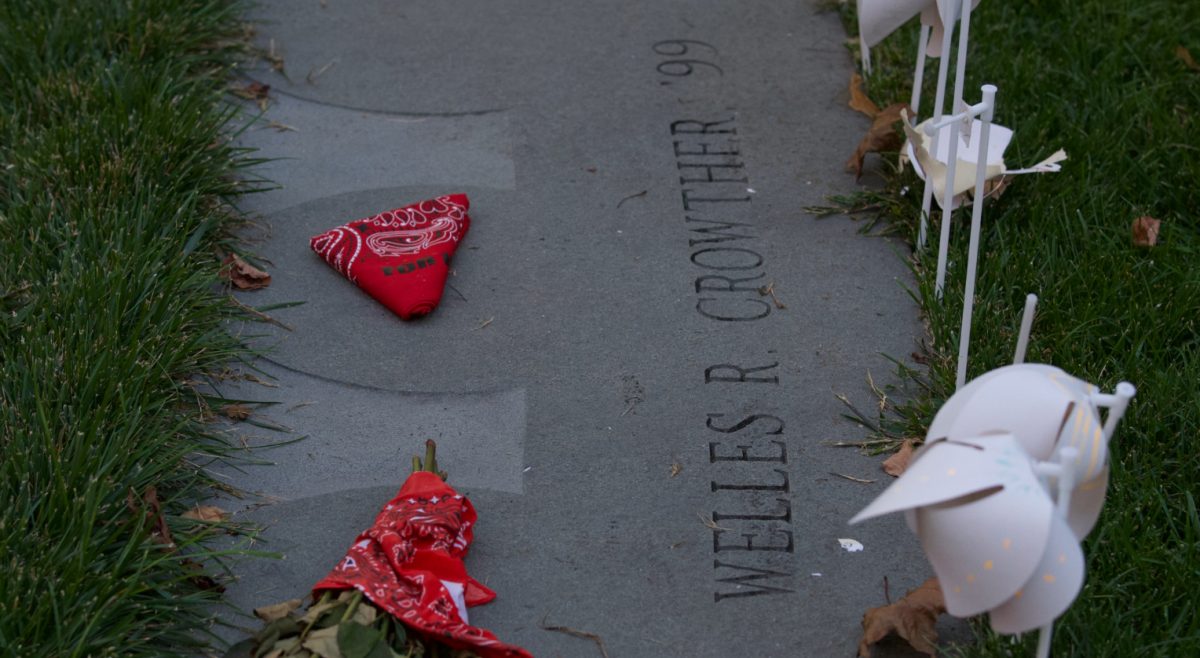In the suit, Foley alleges that BC held her to a different standard than it held male coaches, specifically concerning her contract status and the way that athletics department members dealt with complaints about her leadership style from student-athletes.
Foley’s lawsuit alleges that the University broke the first and fourth clause of Massachusetts General Laws, Title XXI, Chapter 151B, Section 4 by insisting on single-year contracts and forcing her dismissal. The two clauses protect workers from being discriminated against as a result of their membership in a variety of demographic groups, including gender, and ban employers from threatening or firing workers for lodging a complaint in response to discrimination.
Though her removal from the University was publicly called a resignation, Foley alleges in the suit how then-athletics director Martin Jarmond and University Vice President for Human Resources David Trainor called her into a meeting on Dec. 10, just over a month after the conclusion of the 2018 season, and gave her the choice of resigning or being fired because the “whole team” had complained about her leadership.
Trainor allegedly told Foley that he had a file on her relating to concerns around her team culture and referenced two specific events: a report that she had “pitted two players against each other” during practice and that she had sounded drunk during a phone call with a student-athlete.
Foley alleges that Trainor did not offer any more details about the forced competition between the two student-athletes at practice.
The student-athlete who made the phone call, Kayla Jennings, played at BC from 2016 to 2019 and allegedly called Foley after getting out of an evening class on campus while Foley was at home. Foley says in the lawsuit that it is possible she had a glass of wine on the night in question, but she denies wholeheartedly that she was drunk.
Jennings recorded the call, unbeknownst to Foley, and provided it to Jarmond who reviewed it along with Trainor and then-senior associate athletics director and senior woman administrator Jocelyn Gates, prior to the decision to terminate Foley, according to the lawsuit. The wilful use of a recording taken without the consent of the other party is considered a crime in Massachusetts.
Thomas Newkirk, one of Foley’s attorneys, told The Heights that Jennings is not a defendant in the case because there is “no point” in suing a student-athlete. He also spoke to Foley’s coaching style, and said that nothing significant happened on the call.
“Nothing transpired,” Newkirk said. “Coach Foley … [has] always exhibited behavior at all times that was not just meeting the basic standards of what you would expect of a coach in college but exceeding that. And everybody knows this.”
Jennings did not respond to repeated requests for comment, and Gates declined a request for comment.
Senior Associate Athletics Director for Communications Jason Baum said that the University could not comment on the matter, as the lawsuit is still ongoing.
Foley also denies that she had ever been informed prior to the Dec. 10 meeting that there were concerns about her drinking. In the lawsuit, she counters that male head coaches frequently drank much more than she did. She specifically mentions then-head men’s soccer coach Ed Kelly, who she alleges drank on team flights.
Kelly did not respond to multiple requests for comment.
Foley alleges that she was not allowed to defend herself at the meeting, and was told by Trainor that “the decision was made” to fire her and gave her the option to resign or be fired. Trainor allegedly said that if Foley “wanted to go after them, BC would make it real ugly for her” and that she “would never get another job again in coaching.”Foley alleges that the Dec. 10 meeting was the culmination of a number of conflicts with the athletics department. After a series of single-year contracts, Foley requested a multi-year contract in 2015, along with a pay raise, as she says she was the only soccer coach in the ACC not on a multi-year deal, according to the lawsuit.
Foley alleges that then-athletics director Brad Bates told her that he supported the request in 2015, but Trainor resisted the move and reportedly only agreed once Foley obtained an attorney and brought concerns that she was not being treated equally as a result of her gender.
Bates did not respond to multiple requests for comment.
That contract expired in June of 2018, and Foley was not renewed to a new multi-year deal, but instead returned to a single-year deal, according to the lawsuit. When Foley and Jarmond first met in the summer of 2018, he told her that she needed to win in 2018 or their “post season meeting was going to be very different,” Foley alleges.
Foley defended herself, crediting the positive team culture that she created during her tenure. Jarmond allegedly responded with hostility.
“I don’t give a fuck about your culture … how do you think I feel being the only ACC AD without a championship?” Jarmond allegedly responded, according to the lawsuit.
Jarmond did not respond to repeated requests for comment. Multiple of Foley’s former players also did not respond to requests for comment.
In the 2018 meeting, Jarmond allegedly outlined four requirements for the upcoming season: Foley’s team had to finish in the top half of the ACC, reach the ACC and NCAA Tournaments, and raise $25,000 for the newly built soccer locker room, according to the lawsuit.
BC vastly outperformed preseason projections and broke into the top 10 nationally. Jarmond allegedly told Foley in November that she was doing a great job and that next season would be even better.
The program ultimately met and exceeded all of Jarmond’s requirements during the 2018 season, finishing fourth in the ACC, earning a spot in both postseason tournaments, and even raising $125,000 for the locker room, $100,000 more than Jarmond had allegedly outlined, according to the lawsuit.
“The expectations were placed on her in a way that would never be placed on any coach in the entire college, but she still actually beat them,” Newkirk said. “But it was still, you know, it actually still wasn’t enough for them to keep her.”Newkirk said that Foley and her legal team have reached out to multiple BC administrators to address this pattern of gender discrimination in the past, but were disappointed with the responses.
“The response was either silence or lack of interest in engaging in any kind of efforts to provide remedies or changes to their processes that would prevent this from happening in the future or that might allow Coach Foley to return to her job,” Newkirk said.
Newkirk said that the case has now entered into the discovery phase.
Though Newkirk did not specify a monetary amount, Foley seeks damages that will fully compensate her for the harm that her untimely dismissal caused to her emotional wellbeing and career, according to the lawsuit.
Newkirk said that Foley is one of 150 female coaches that he and his firm have identified in the United States who have been terminated because of concern about the coach “just doing her job.”
“It’s students misinterpreting the normal behavior of a female coach and labeling it as something wrong,” Newkirk said.
Newkirk’s firm has litigated similar cases in the past, he said. In one of these cases in 2017, the University of Iowa paid a former field hockey coach and former assistant athletic director $6.5 million in settlements. In 2018, Rutgers University paid a former swimming coach $725,000 in settlements.
Newkirk said that Foley had multiple opportunities to leave BC and take other college coaching gigs, sometimes for nearly double the salary, but chose to stay at BC as she was committed to the program and hoped that her daughter would be able to be an Eagle.
“This woman poured her heart and soul into this University and gave up many financial opportunities because of her belief and loyalty to this University and the hope that her daughter could attend there,” he said.
When Foley, the winningest head coach in program history, announced that she was resigning from her post following the 2018 season, the sudden move was met with widespread surprise from the BC community. Foley had just led the Eagles to a fourth-place conference finish, despite being picked 10th in preseason projections, and the NCAA Tournament.
At the time of her removal from the department, Foley said that she left BC to pursue new opportunities. Jarmond publicly praised Foley upon her resignation.
“Women’s soccer is a sport where we compete annually for championships, and that is a credit to Alison, her staff, and the talented student-athletes to come through the program,” Jarmond told bceagles.com at the time.
Since Foley’s departure, BC has won just two ACC games over nearly three full seasons with Jason Lowe as head coach, and Foley cites her dismissal as a compounding factor in the program’s dip in success. Foley also notes that, as of the filing date, 11 student-athletes had left the team or transferred under Lowe.
Newkirk said that this suit is about more than Foley’s singular experience with gender discrimination at BC.
“This case is about the double standards placed on female coaches in college athletics that [are] undermining them and destroying them every single day,” Newkirk said.
Julia Kiersznowski, Stephen Bradley, and MC Claverie contributed to reporting.
Featured Image from Heights Archives

